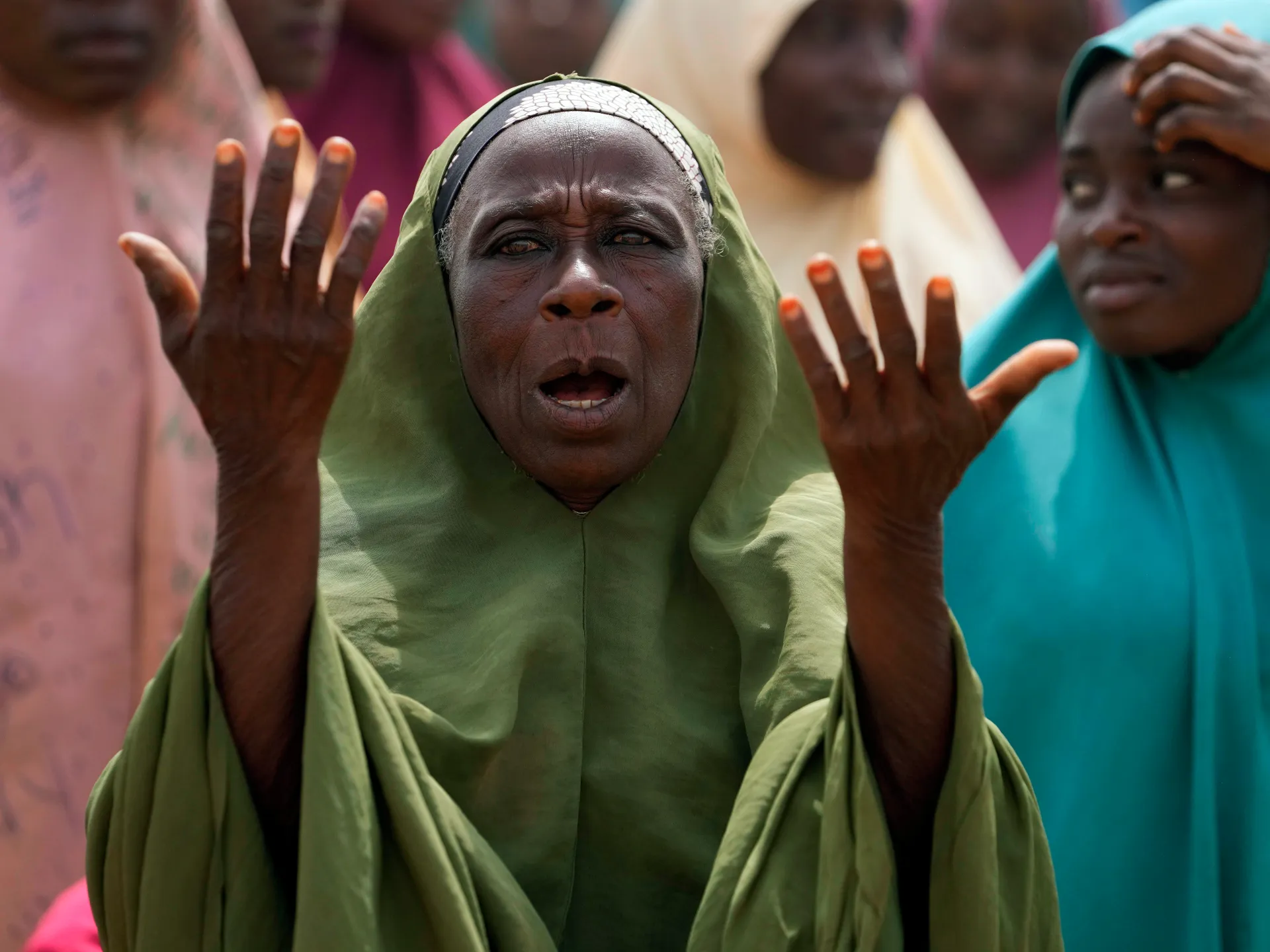Residents of 25 villages in Tsafe West, Zamfara State, are reeling under a N172.7 million levy imposed by armed bandits, sparking a wave of fear and mass displacement.
The extortion, reportedly led by the notorious bandit leader Danisuhu, has left hundreds fleeing their homes, abandoning farmlands and livelihoods to avoid violent reprisals.
According to Zagazola Makama, a counterinsurgency publication focused on the Lake Chad region, the demands include both cash and in-kind contributions such as bags of soybeans.
The levies vary by village, with Kunchin Kalgo facing the highest demand of N20 million. Other targeted communities include: Gijinzama: N8.5 million; Dakolo: N5 million and 20 bags of soybeans; Gunja: N7 million; Kauyen Kane: N5 million; Kurar Mota: N6 million and Sungawa and Rakyabu: N15 million each.
“These levies are accompanied by threats of violence against those who fail to comply,” the report stated. Fear of brutal attacks has driven widespread displacement, with villagers forced to leave behind homes and farmlands.
READ ALSO: Bandits abduct over 50 women, girls in Zamfara State midnight raid
A local source described the dire predicament of affected residents, emphasizing that non-payment often results in violent reprisals. “The inability to pay these levies often results in brutal attacks by the bandits, leaving the residents with no option but to flee,” the source said.
The escalating crisis highlights a broader pattern of insecurity in Zamfara State, where banditry has disrupted lives and livelihoods, creating a cycle of extortion and displacement.
While security has reportedly improved in Tsafe town and along the Funtua-Tsafe axis, these gains have not extended to rural areas like Tsafe West, where bandits continue to operate with impunity. Residents of these communities now live under constant threat, with little to no protection against the bandits’ demands.
Dr. Ahmed Jibrin, a security analyst, criticized the limited scope of current interventions, saying, “The focus on securing urban centers has left rural areas vulnerable to exploitation. A more comprehensive approach is needed to protect these communities.”
The situation has prompted calls for urgent government action. Local leaders and residents are pleading for a robust security response to restore safety and enable displaced families to return to their homes.
“Without immediate intervention, these communities will continue to suffer under the grip of banditry,” said Halima Yusuf, a human rights advocate. “The government must deploy additional security forces and address the root causes of this insecurity, including poverty and lack of governance in rural areas.”
Experts warn that the bandits’ strategy of imposing levies is not only an economic burden but also a form of psychological warfare aimed at maintaining control over these rural communities.
Dr. Musa Kawu, a criminologist, noted, “These levies are a systematic way for bandits to assert dominance and create a parallel economy. The government must treat this as both a security and socio-economic crisis.”

 Comments and Issues1 week ago
Comments and Issues1 week ago
 Education1 week ago
Education1 week ago
 Comments and Issues1 week ago
Comments and Issues1 week ago
 Energy1 week ago
Energy1 week ago
 Comments and Issues7 days ago
Comments and Issues7 days ago
 Comments and Issues7 days ago
Comments and Issues7 days ago
 Football1 week ago
Football1 week ago
 Health6 days ago
Health6 days ago

